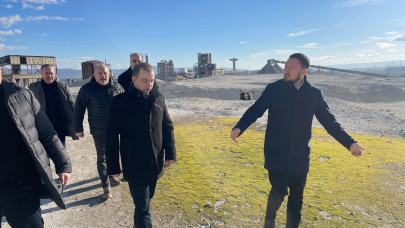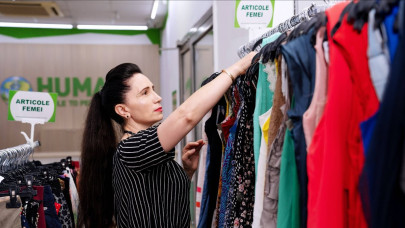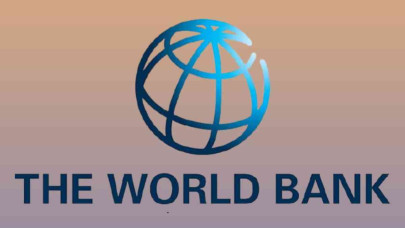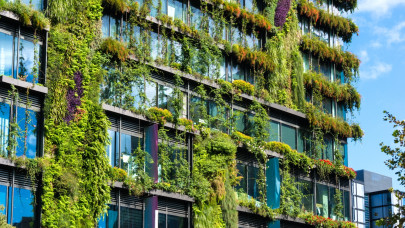The purpose of the event was to draw attention to the pollution generated by the fashion industry and to propose solutions based on the principles of sustainability and the circular economy.
"The textile sector is growing, but because of the fast-fashion phenomenon, it has become one of the biggest polluters. For example, the carbon emissions of this industry are twice that of international air flights and maritime transport combined. The consumption of natural resources is also intense: just one T-shirt costs us more than 2,000 liters of water. The growing concern for sustainable products represents an opportunity for the growth of the textile economic sector, but we need to put it back on a sustainable footing. That's why textiles represent one of the 7 priority sectors of the National Strategy and the Circular Economy Action Plan, coordinated by the Department for Sustainable Development. We will continue to maintain a solid partnership with the representatives of this sector in order to contribute to the foundation of decisions with a positive impact", said state councilor László Borbély.
The conference took place in the context of the National Strategy regarding the circular economy and the related Action Plan to be adopted by Government Decision.
Among the solutions identified, following extensive consultations, for the application of circular economy principles in the textile sector, are:
- Creation of a national system for collecting, sorting, and valorizing used textiles and clothing;
- Stimulating producers to ensure a closed circuit for their products and supporting consumers to repair and reuse products;
- Introducing the product's digital passport - for product traceability, containing information on the content and type of recycled materials, water, and energy consumption throughout the life cycle;
- Introducing legal requirements on eco-design in textile and clothing products to increase durability, repairability, and recyclability.
During the presentation session, there were also interventions by entrepreneurs, researchers, and industry representatives who brought to attention the challenges they face and exposed ways in which the pollution generated by the text sector can be reduced.













